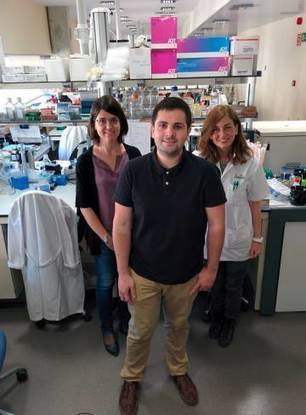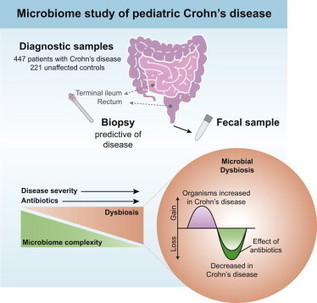Un tratamiento experimental logra revertir el sistema inmunológico y curar a pacientes con enfermedad de Crohn
Research and publish the best content.
Get Started for FREE
Sign up with Facebook Sign up with X
I don't have a Facebook or a X account
Already have an account: Login
Latest advances in immunopathology diagnosis and treatment
Curated by
Alfredo Corell
 Your new post is loading... Your new post is loading...
 Your new post is loading... Your new post is loading...
|
|












Azucena Salas incide en el equilibrio entre esperanzas y riesgos: “Ver con tus propios ojos casos de recuperación completa como el de Javier es ilusionante. Los datos confirman que podemos resetear el sistema inmunológico de pacientes con enfermedades autoinmunes, lo cual es muy esperanzador. Pero advertirles de que hay riesgo de muerte es muy duro, y sólo merece la pena en casos muy concretos en que sepamos que la terapia va a funcionar. Debemos seguir investigando”.